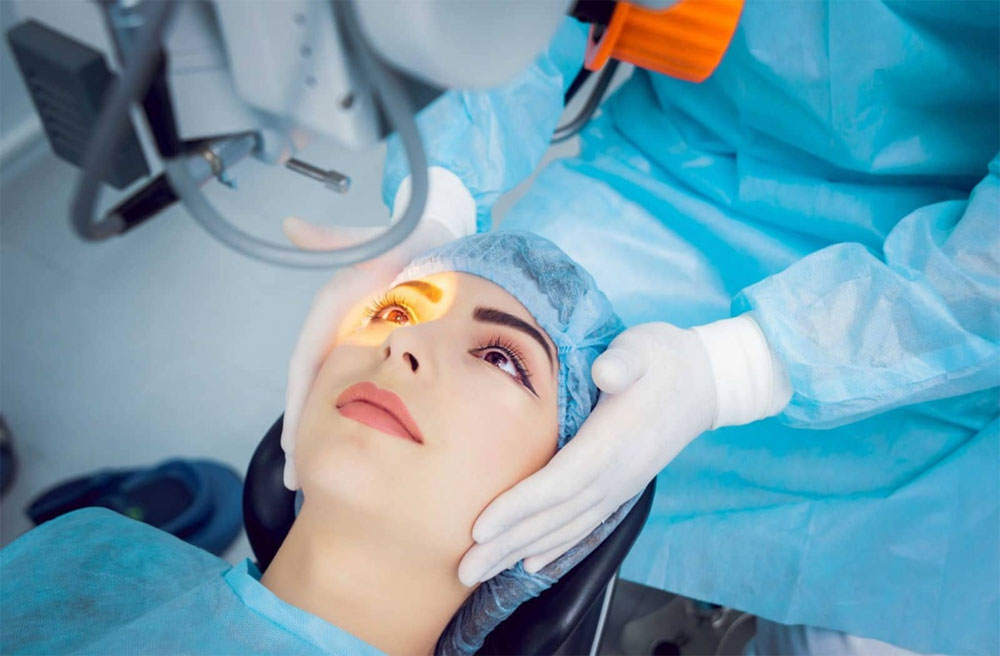Vitamin D is often called the sunshine nutrient because our bodies synthesize it when exposed to UV rays. It is incredibly important for our health, and its deficiency can cause serious harm to health and well-being. Therefore, our article is devoted to the importance of this nutrient. After reading it you will learn how to take vitamin D correctly.
Features of vitamin D
This element is classified as a fat-soluble nutrient. It is produced in our body when the skin is exposed to sunlight. Since solar activity is minimal during the fall and winter months, it is very important to pay attention to food sources of the nutrient. The main functions of vitamin D include:
- regulation of many processes that support health;
- balancing calcium and phosphorus levels (important for the formation of teeth and bones);
- helps with muscle contraction;
- regulation of cell growth, which ensures the health of organs and tissues;
- helps nerves carry messages between the brain and body;
- immune support (fighting infections, stimulating immune cells);
- regulation of hormonal balance, which affects many physiological processes in the body;
- Supports heart and skin health.
Vitamin D deficiency and its consequences for the body
With insufficient sunlight, as well as low consumption of foods that contain vitamin D, the human body can develop a deficiency of the nutrient. In such cases, a number of problems arise.
Low levels of fat-soluble nutrient may impair the ability to absorb phosphorus and calcium from foods. This often results in lower bone density and weakness. Children often develop rickets for this reason – the bones become weak and soft, which often causes the problem of bowed legs.
Vitamin D deficiency often increases the risk of osteoporosis, a disease in which bones become brittle, ultimately increasing the risk of bone fractures. This issue is especially acute among older people, as well as women after menopause.
Older people and those with dark skin color are most susceptible to vitamin D deficiency. Since the nutrient is produced by our skin when exposed to UV rays, using sunscreen also increases the risk of deficiency (however, in this case it is much more important to protect yourself from oxidative stress, which also occurs due to the sun).
Ways to replenish vitamin D in the body
The daily requirement of vitamin D depends on age and gender. It can be obtained by walking outside on a sunny day and eating foods that contain the nutrient. However, if you feel a number of unpleasant symptoms (constant weakness and fatigue, bone pain, sleep problems, bad mood, frequent colds and respiratory infections), you should consult a doctor who will prescribe a blood test. Based on its results, a deficiency of vitamin D in the body can be either confirmed or refuted.
In case of deficiency, specialized supplements are most often prescribed. Vitamin D3 2000IU from Bluebonnet Nutrition is perfectly absorbed by the body and brings great benefits to well-being. It is very important to adhere to the recommended dosage and not change it yourself without medical supervision.
It is recommended to take vitamin D with food. Since the nutrient itself belongs to the category of fat-soluble substances, it is better to consume it with salads dressed with vegetable oil or with avocado. Taking dietary supplements is not limited in time: you can drink it during breakfast, lunch or dinner.
It is equally important to adjust your diet. Many foods are sources of this nutrient, so consuming them regularly will improve your well-being. Be sure to include in your diet:
- fatty fish – salmon, sardine, cod, mackerel, tuna;
- egg yolk;
- fortified milk, including soy;
- mushrooms that were grown under the influence of ultraviolet light.
Adjusting your diet, as well as taking special nutritional supplements, can improve your well-being and replenish nutritional deficiencies. However, do not forget that taking dietary supplements should be agreed with your doctor.



